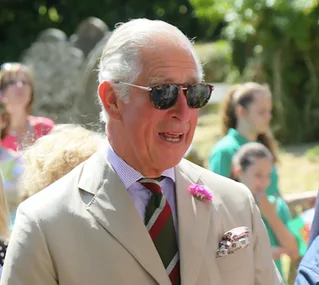Australia is in a water crisis.
Indeed, parts of New South Wales and Queensland (among other states and territories) are facing dire consequences of the never-ending drought, like completely running out of water.
And while we unfortunately can’t quite influence rain fall, there are some changes we can make in our homes that will save water, meaning there’s more to share for those who need it most.
Keep scrolling for our top tips to conserve water (and not just in summer, but throughout the whole year!)
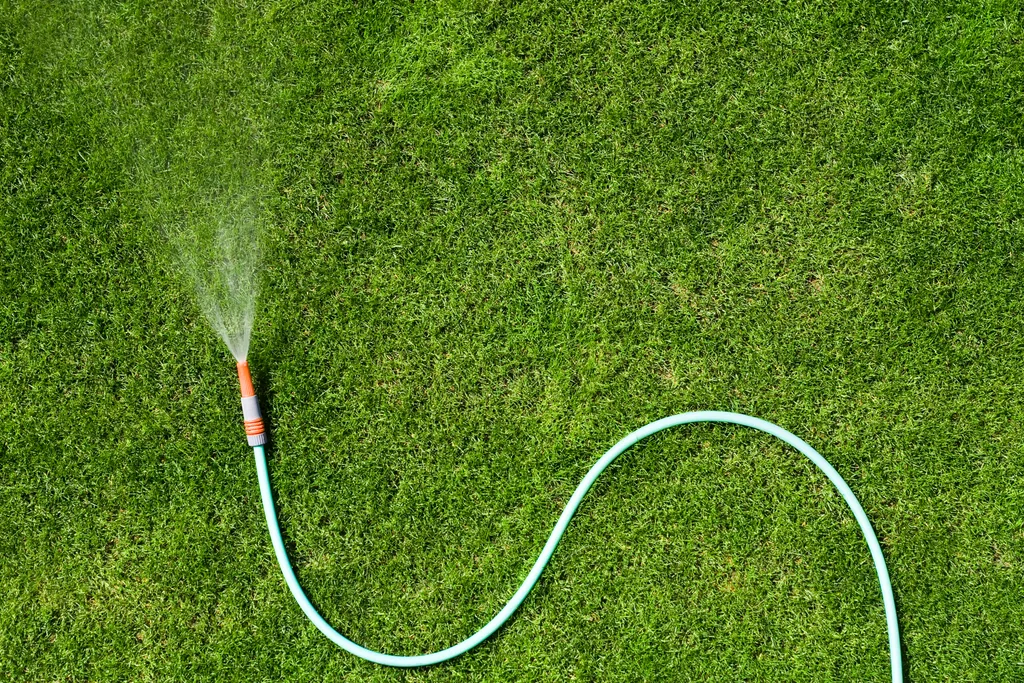
It might be hot, but employing these simple tricks will help to conserve vital water supplies.
(Getty)In the bathroom
Studies estimate that Aussies could save around 185 billion litres of water by 2026 simply by using water efficient products in their homes.
When it comes to your bathroom, it’s important to ensure your shower and tapware adhere to Water Efficiency Labelling and Standards (WELS).
“If renovating or modifying your bathroom, ensuring your taps and showerheads have a high WELS rating will contribute to what you can do to save money and reduce water consumption,” says Rob Bolus, Standards and Technology Manager at shower manufacturer Methven.
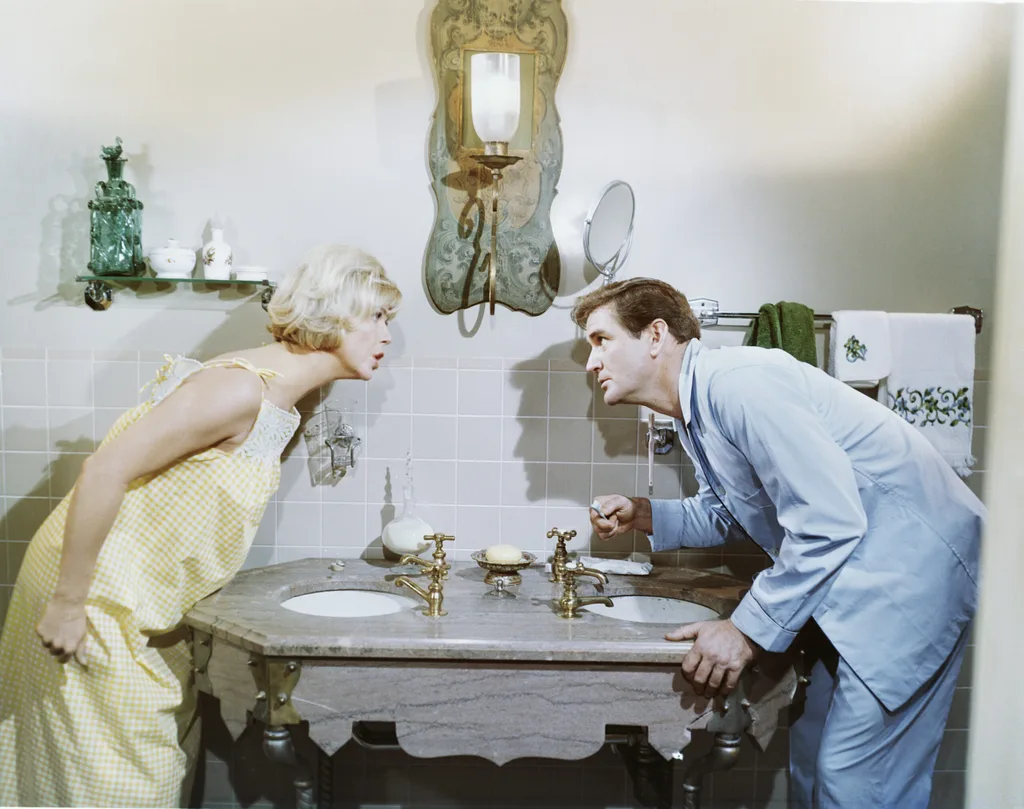
Bathrooms are a haven for water waste.
(Getty)Following WELS means that all showers and basin fittings must have a Flow Restrictor Device/Disc (FRD) fitted which, in turn, restricts water flow to an acceptable level.
Speaking of showers, when you’re having your daily wash, think about switching off the water while you’re lathering up your shampoo and/or conditioner – this can save up to half the amount of water you’d usually use.
Showers should also be kept to a four minute time limit to save more h20.
When brushing your teeth, switch the tap off. If you leave it running you’re wasting up to 10 litres of water per minute.
Then there’s the toilet – which contributes to around 1/5 of indoor water use. Ensuring you have a dual flush toilet means you could save 80 litres of water a day.
Look for a WELS 4 star model of toilet which has a 3 litre half flush and a 4.5 litre full flush.
WATCH: See how the Bottles for the Bush campaign is supporting communities in need. Story continues…
In the kitchen
One of the biggest wasters of water in the kitchen is rinsing dishes before putting them in the dishwasher.
In fact, according to the team at Finish dish washing products, this wastes 40 litres per load!
Making sure you’re using a high quality dish washing tablet means stubborn food on your dishes should simply wash away in the dishwasher, rather than giving it a pre-rinse.
It mightn’t seem legitimate, but dishwashers actually use much less water than opting to hand wash dishes – that actually uses up to seven times more water, according to Finish.
You can actually make a promise to stop pre-rinsing on your social media with the hashtag #FinishWaterWaste and Finsih will donate 40 litres of water to people that need it via Rural Aid.
Visit finishwaterwaste.com.au for more information.
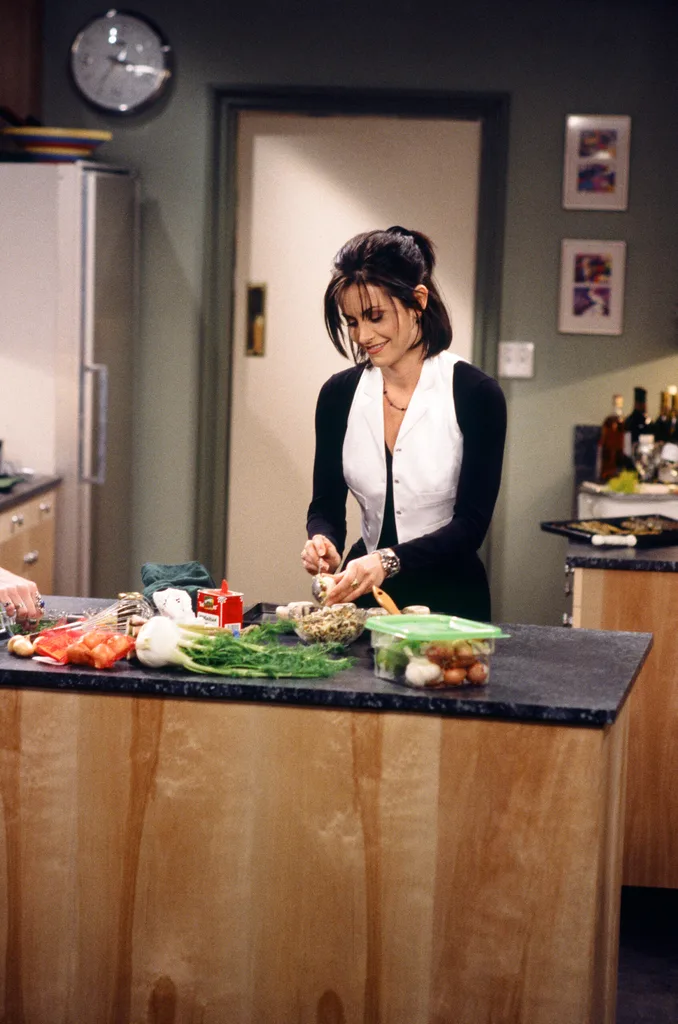
If you’re cooking up a storm, be mindful of the water you’re using.
(NBC Universal / Getty)When washing fruit and vegies in the sink, try to either put a plug in the sink or use a bowl under the tap to save that liquid gold and reuse elsewhere – perhaps to water your indoor plants or garden!
Similar to the bathroom, make sure your kitchen taps have a high WELS rating and if you have a dishwasher, choose one with a high energy star rating.
In the garden
Did you know that 25 per cent of water in the home is used outdoors?
And while plants, like us, need water to live it is possible to cut back on water usage in the garden.
“Water the roots of your plants only,” says Charlier Albone, landscape expert from Selling Houses Australia and Sydney Water ambassador (Lovewater.Sydney).
“Wetting the leaves is a waste as they don’t actually use it.”
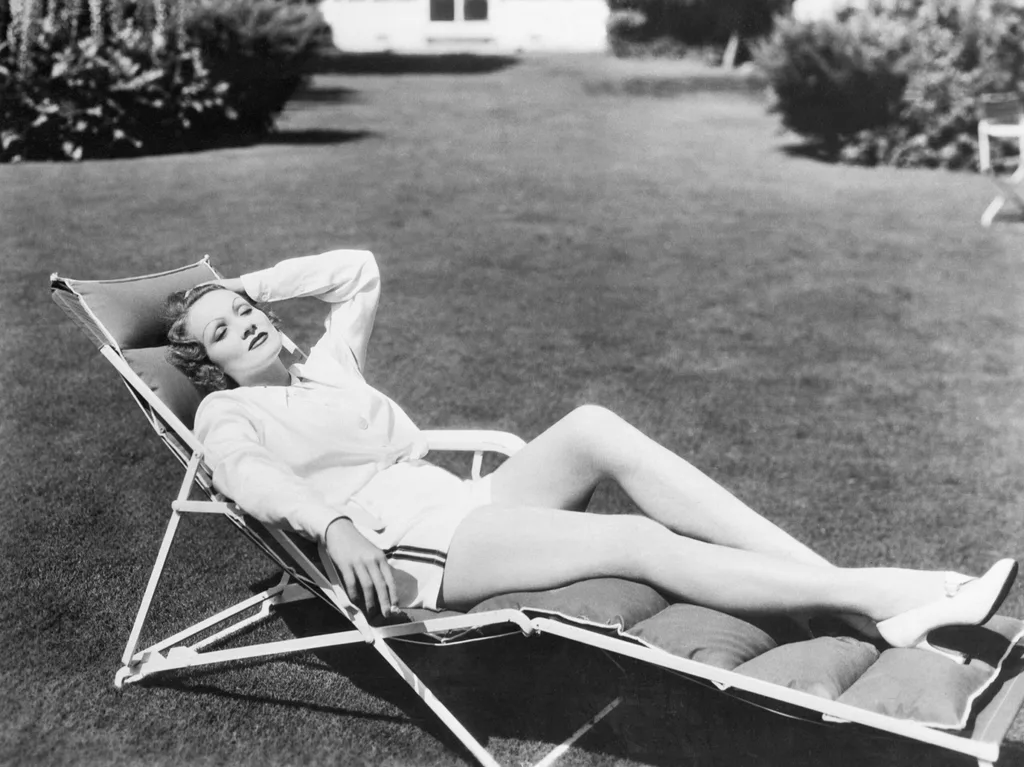
Keeping the garden neat and tidy can be done sustainable!
(Getty)He also suggests getting rid of weeds as they actually steal water from your plants which means having to water them more, wasting the precious resource!
“Install a rainwater tank too,” he suggests, “It’s not just water efficient, it’s also cost efficient.”
With the drought comes water restrictions, making it tougher to keep your garden alive. But never fear, Charlie has some hot tips.
“Using mulch is a great way to save water,” he says.
“Organic mulch adds nutrients to the soil as it breaks down, whilst helping it hold onto water.
Just add 7-10cm on top of your plants.
Pebbles also keep moisture in the soil.
Lastly, watering your garden before 10am or after 4pm is a more effective way of watering.
You can teach your plants to become adapted to the drought by watering them less often.”
You can also try drought tolerant plants like the Golden Barrel Cactus, Gymea Lily, Blue Chalk or Tree Aloe.
WATCH: How to have an eco-free wedding. It’s simpler than it seems!
Want more on sustainability? Check out the stories below!
Conscious cossies: We found 9 of the best sustainable swimwear brands in Australia
Sustainable makeup: These confronting stats will change how you think about your beauty regime
Get sippin’: These are the best reusable straws available to buy in Australia – we want them all
